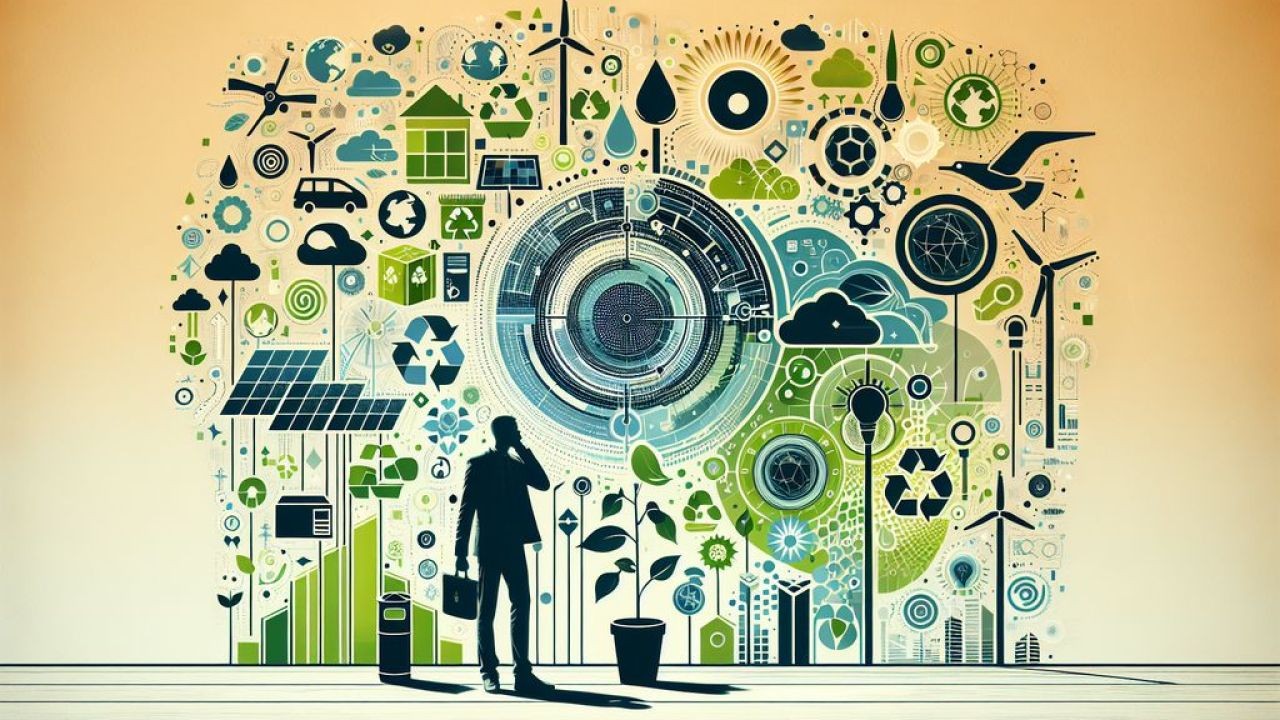In recent years, New Zealand has emerged as a global leader in tackling climate change through innovative renewable energy initiatives. While the country's pristine landscapes and natural beauty draw millions of tourists annually, they also underscore the need for sustainable environmental practices. The stakes are high: climate change poses a direct threat to New Zealand's economy, ecosystems, and way of life. Therefore, it is crucial to understand how New Zealand is responding to these challenges and what it means for the future of its energy landscape.
Understanding New Zealand's Climate Change Response
New Zealand's commitment to addressing climate change is enshrined in its Zero Carbon Act, which aims to reduce all greenhouse gases, except biogenic methane, to net zero by 2050. This legislative framework is complemented by the country's Emissions Trading Scheme (ETS), which puts a price on carbon emissions, incentivizing businesses to reduce their carbon footprint. The Ministry for the Environment has reported that the ETS, coupled with other policies, is expected to reduce emissions by 30% below 2005 levels by 2030.
The Role of Renewable Energy
Renewable energy is a cornerstone of New Zealand's strategy to combat climate change. As of 2020, 83% of New Zealand's electricity was generated from renewable sources, primarily hydroelectricity, wind, and geothermal energy. The government aims to increase this figure to 100% by 2030. According to the Ministry of Business, Innovation & Employment (MBIE), transitioning to a fully renewable electricity grid could add approximately NZD 4.3 billion to the economy by 2050.
How It Works: A Deep Dive into Renewable Initiatives
Hydroelectric Power
Hydroelectric power has been the backbone of New Zealand's renewable energy sector for decades. The country's mountainous terrain and abundant water resources provide ideal conditions for hydroelectricity. Plants like the Manapouri Power Station, the largest hydroelectric power station in New Zealand, contribute significantly to the national grid. These facilities are not only environmentally friendly but also cost-effective compared to fossil fuel alternatives.
Wind Energy
Wind energy is rapidly gaining traction in New Zealand, with significant projects such as the Waipipi Wind Farm and Turitea Wind Farm contributing to the country's renewable energy mix. The Global Wind Energy Council reports that New Zealand has an untapped potential of over 3,000 megawatts of wind energy. Harnessing this potential could significantly reduce the country's reliance on non-renewable energy sources.
Geothermal Energy
Geothermal energy is another critical component of New Zealand's renewable energy landscape. Located in the Pacific Ring of Fire, New Zealand is home to vast geothermal resources. The Wairakei Power Station, one of the world's first geothermal power stations, exemplifies the country's long-standing commitment to geothermal energy. This renewable resource offers a stable and reliable energy supply, contributing to New Zealand's energy security.
Case Study: Meridian Energy's Renewable Commitment
Case Study: Meridian Energy – Leading the Charge
Problem: Meridian Energy, one of New Zealand's largest electricity generators, faced the challenge of balancing growing energy demand with sustainability goals. Traditional energy sources were not aligned with the country's zero-carbon objectives, posing both operational and reputational risks.
Action: To address this, Meridian Energy committed to generating all its electricity from renewable sources. The company invested heavily in expanding its wind and hydroelectric capacity, including the construction of the Harapaki Wind Farm, set to be one of the largest in the southern hemisphere.
Result: Meridian Energy now generates 100% of its electricity from renewable sources, significantly reducing its carbon footprint. The company's initiatives have set a benchmark for the industry, with their wind and hydro projects generating enough electricity to power over 1.4 million New Zealand homes annually.
Takeaway: Meridian Energy's success underscores the viability and benefits of a renewable-focused strategy. New Zealand businesses can draw inspiration from this approach, investing in sustainable practices to align with national climate goals and enhance their reputation in a climate-conscious market.
Pros and Cons of New Zealand's Approach
Pros
- Environmental Impact: Transitioning to renewable energy reduces greenhouse gas emissions, aiding New Zealand in meeting its international climate commitments.
- Economic Growth: Investment in renewable infrastructure stimulates job creation and economic growth, with potential GDP increases of NZD 8 billion by 2050.
- Energy Security: Renewable energy reduces dependency on imported fossil fuels, enhancing national energy security.
Cons
- Upfront Costs: Initial investments in renewable infrastructure can be substantial, posing financial challenges for smaller energy companies.
- Intermittency Issues: Renewable sources like wind and solar are intermittent, requiring advancements in energy storage technologies.
- Land Use: The development of large-scale renewable projects can lead to land use conflicts, particularly in areas of ecological or cultural significance.
Common Myths and Mistakes in Renewable Energy
Myth: "Renewable energy is always more expensive than fossil fuels." Reality: While initial setup costs can be high, renewable energy has lower operational costs and is becoming increasingly cost-competitive with fossil fuels. According to the International Renewable Energy Agency (IRENA), the cost of solar and wind energy has decreased by over 80% in the past decade.
Myth: "Renewable energy can't meet all our energy needs." Reality: With advancements in technology and energy storage, renewable energy can and does meet significant portions of energy demand. In 2020, renewable sources supplied 83% of New Zealand's electricity demand.
Myth: "Hydroelectric power is environmentally harmless." Reality: Although hydroelectric power is a clean energy source, it can have ecological impacts, such as altering water flows and affecting aquatic habitats. Careful planning and mitigation strategies are essential.
Future Trends and Predictions
As New Zealand continues to pursue its renewable energy goals, several trends are likely to shape the future landscape. According to a report by the International Energy Agency (IEA), global advancements in battery storage technology could revolutionize New Zealand's energy grid, allowing for greater integration of intermittent renewable sources. Additionally, the rise of electric vehicles presents opportunities for synergies between transport and energy sectors, potentially reducing emissions further.
Conclusion
New Zealand's response to climate change through renewable energy initiatives demonstrates a commitment to sustainability that is both ambitious and achievable. By investing in renewable energy, the country is not only addressing environmental concerns but also paving the way for economic growth and energy security. As New Zealand moves towards a greener future, the lessons learned and the strategies implemented offer valuable insights for other nations grappling with similar challenges.
Final Takeaway & Call to Action: As New Zealand continues to lead in renewable energy, businesses and individuals alike should consider how they can contribute to this sustainable vision. Whether it's through investing in renewable technologies, supporting policies that promote sustainability, or simply adopting greener practices, every effort counts. Join the conversation and share your thoughts on how New Zealand can enhance its renewable energy journey.
People Also Ask
How does New Zealand's focus on renewable energy impact its economy? New Zealand's renewable energy initiatives are expected to add NZD 4.3 billion to the economy by 2050, according to MBIE. Transitioning to renewables stimulates job creation and reduces dependency on imported fossil fuels.
What are the biggest misconceptions about renewable energy in New Zealand? A common myth is that renewable energy is more expensive than fossil fuels. However, the cost of renewable energy has significantly decreased, and it now competes with traditional energy sources in terms of affordability and sustainability.
Related Search Queries
- New Zealand renewable energy 2023
- Climate change policies in New Zealand
- Hydroelectric power in New Zealand
- Wind energy projects NZ
- Geothermal energy New Zealand
- Zero Carbon Act NZ
- Emissions Trading Scheme NZ
- Renewable energy case studies New Zealand
- Future of energy in New Zealand
- Economic impact of renewable energy in NZ

































JannetteOx
10 months ago